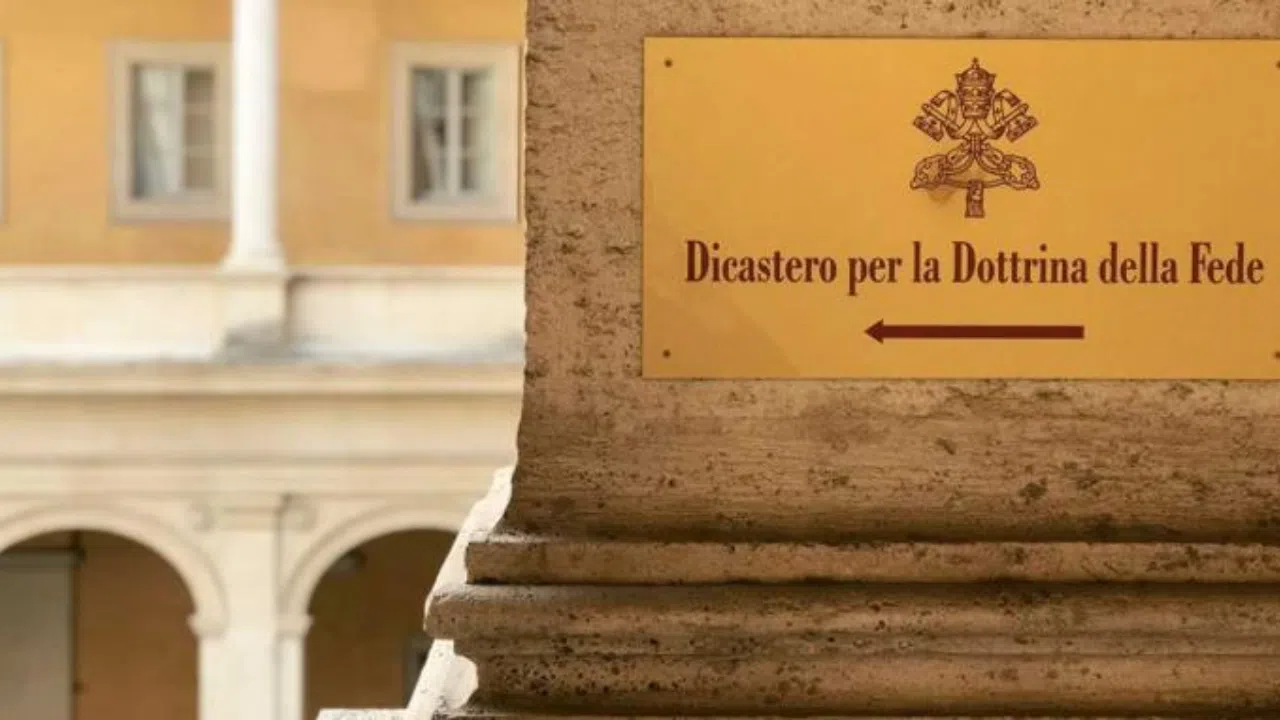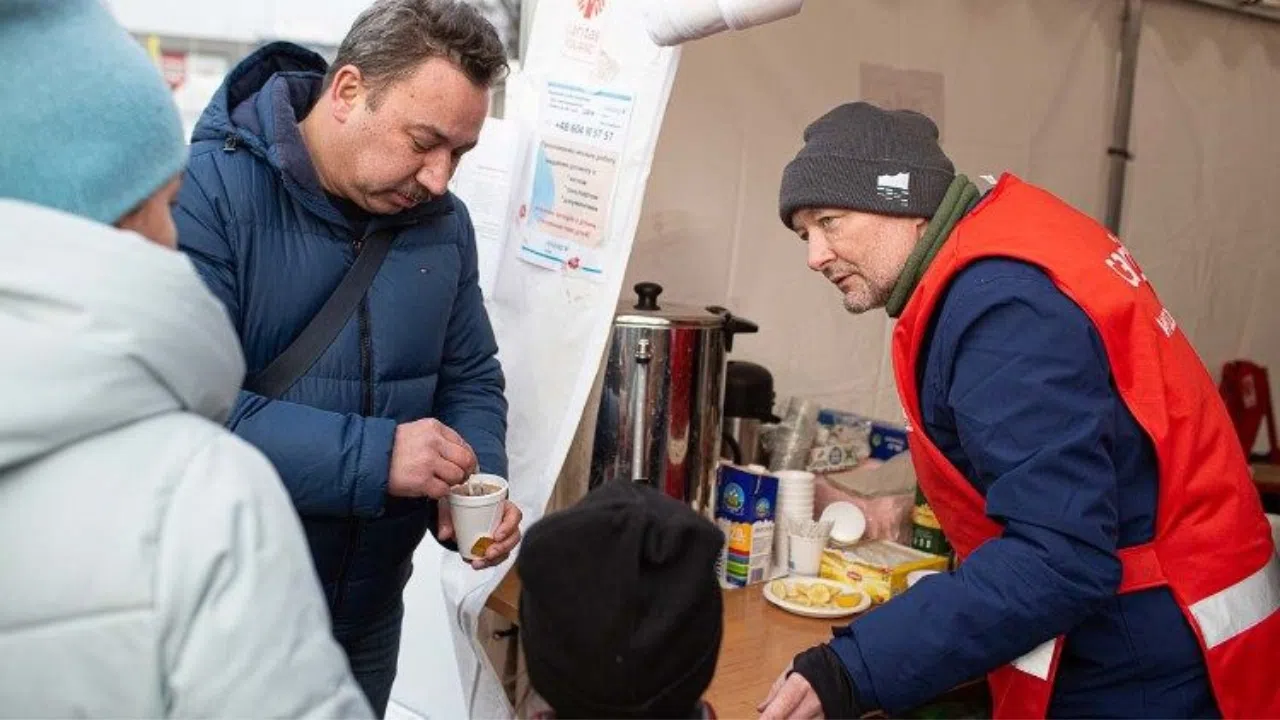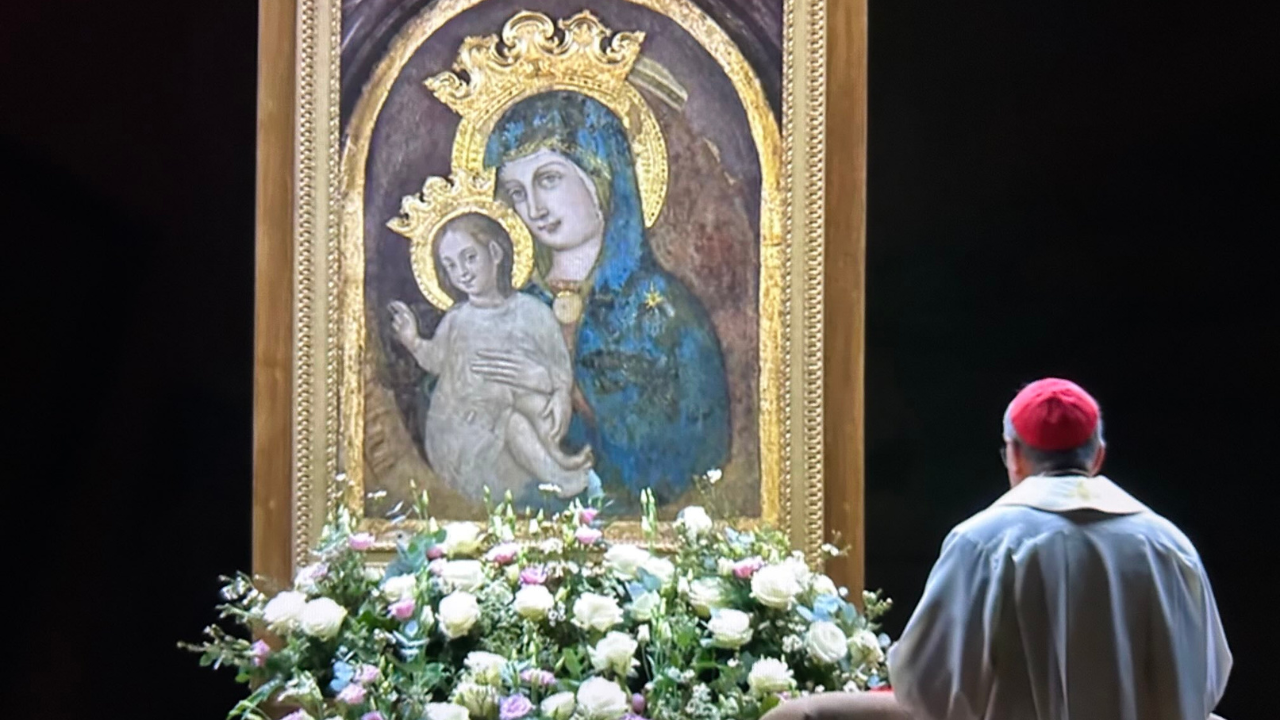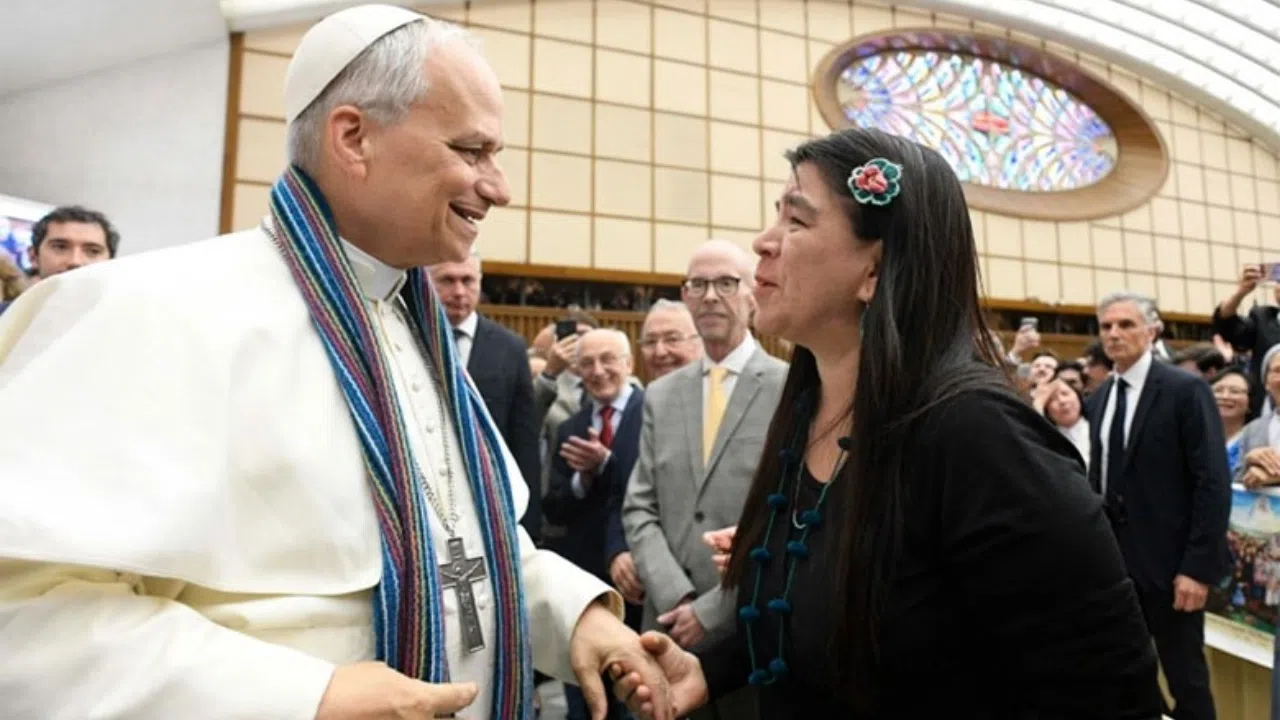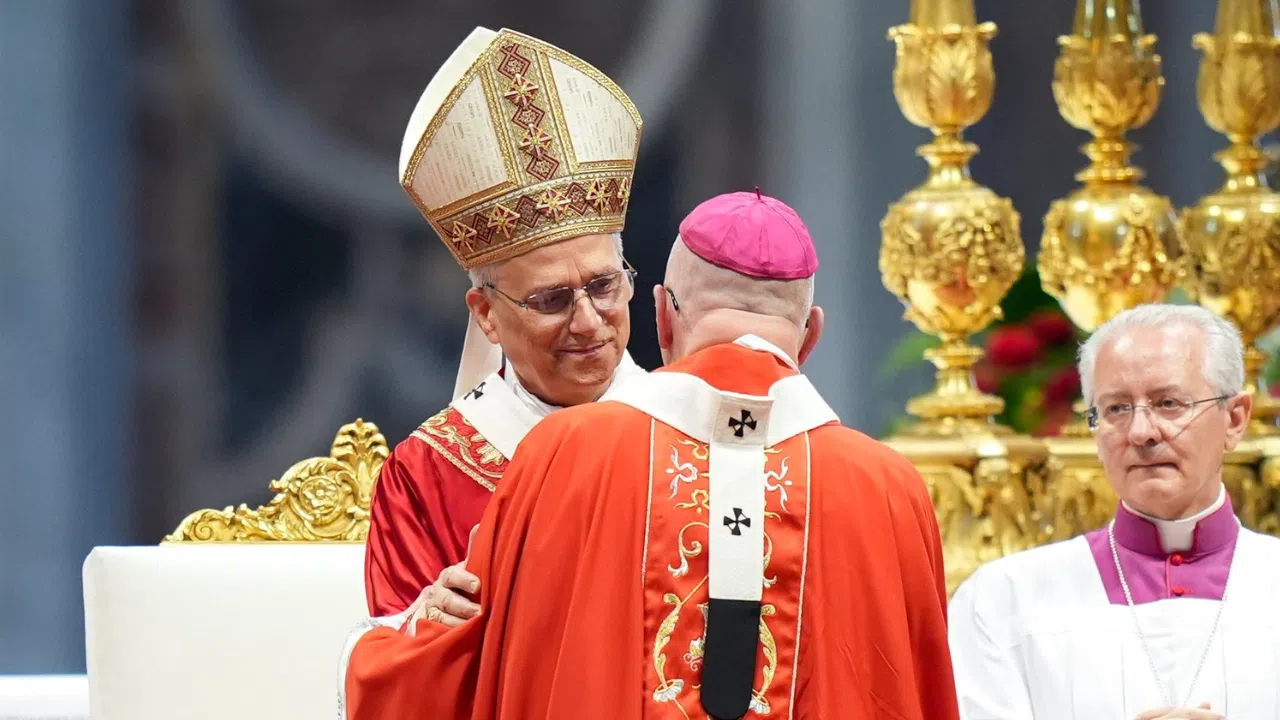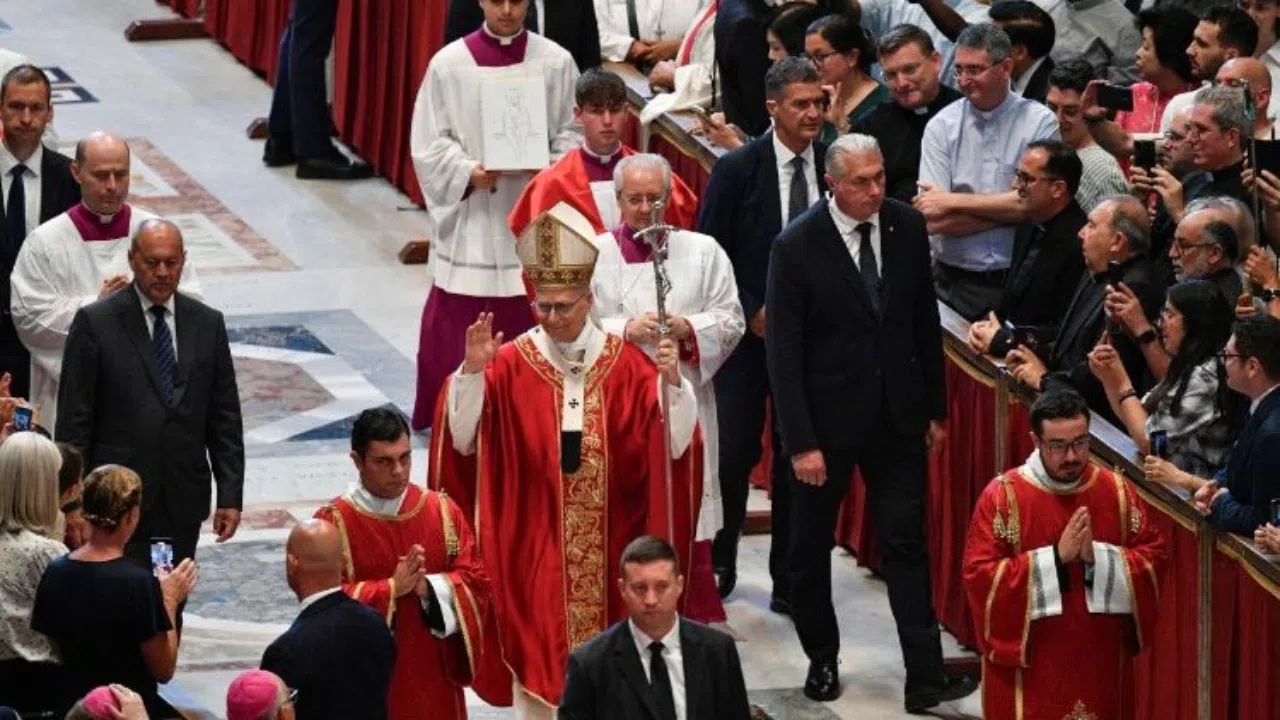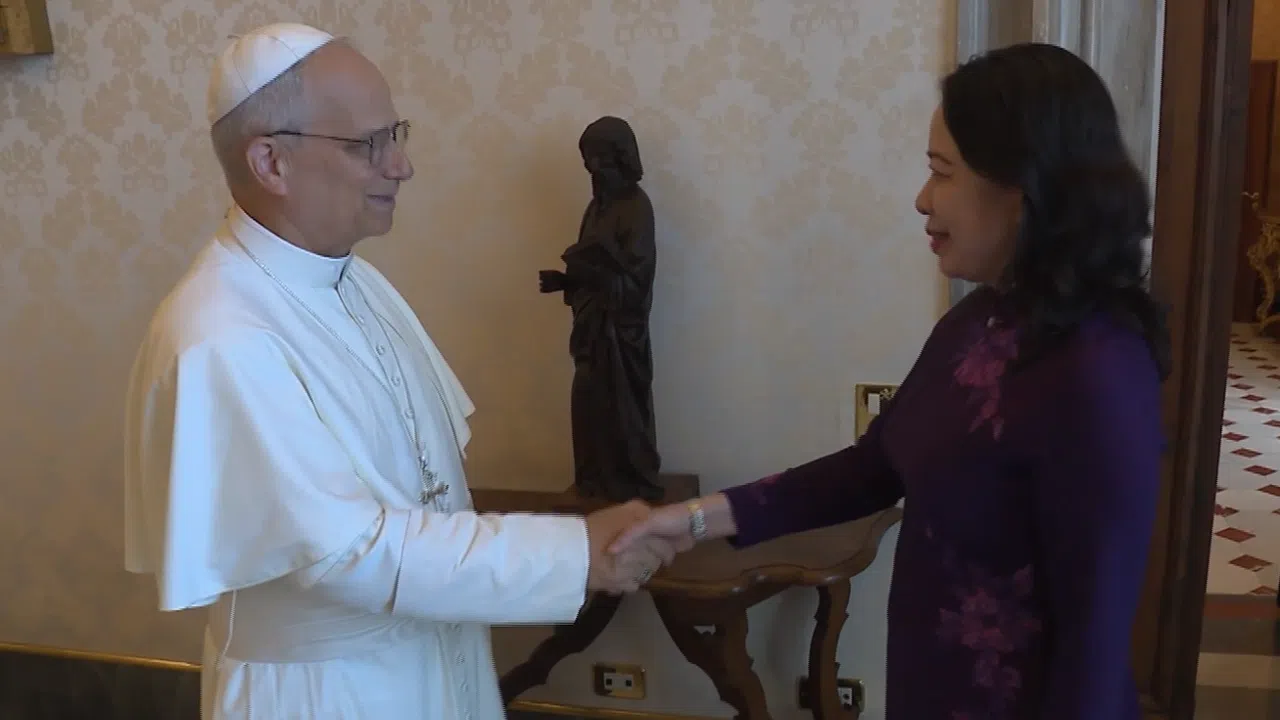The European Parliament has given the green light to a new migration deal. It was approved after 10 years with a divided Parliament and it was a very close vote: 300 votes in favor and 270 against.
The deal consists of five legislative measures, which will now have to be approved by the 27 member states. The goal is for countries to stop “going it alone” and for all of them to be required to help provide asylum for migrants arriving in Europe. In 2023, more than 1 million requests for protection were received.
ALBERTO ARES
Director, Jesuit Refugee Service (Europe)
We believe that what has been agreed to, what has been signed, is not going to improve this situation to any great extent. Why? Because there will continue to be a big responsibility for the first countries, meaning those where refugees trying to seek asylum first enter Europe, and where this responsibility is marked by different levels of cooperation.
With this deal, there are two new features. The first is a fast border procedure of a maximum of 12 weeks to study the particular case of each migrant. Many NGOs and institutions such as the Jesuit Refugee Service fear that fair and complete evaluations will not take place.
ALBERTO ARES
Director, Jesuit Refugee Service (Europe)
We do not know how this will be implemented in each of the countries, but it will surely mean a situation that will complicate the arrival of people. We're also saying that they can be expelled without a proper process. Undoubtedly, we believe that this will be an important element and that it will generate, in some way, greater pressure on the border countries.
The other new element is that everyone is required to contribute to alleviate the burden on southern countries, such as Spain, Italy and Greece. There are several options: if a state refuses to take in a migrant, it will have to pay about $20,000 per migrant to the country where they first arrived.
ALBERTO ARES
Director, Jesuit Refugee Service (Europe)
We will be able to finance the country of entry so that the migrant can stay there and be taken care of. But what exactly will happen when that time is over?
Belgium signed agreements with countries, such as Libya, Turkey, Tunisia and Egypt, where EU money will be given in exchange for measures to reduce migratory flows or where migrants whose applications have not been accepted in Europe will be sent.
ALBERTO ARES
Director, Jesuit Refugee Service (Europe)
Additionally, there is a model that also appears in the deal that we call the “externalization” of borders, that is, to have agreements with “safe” countries. We know that many of the countries that have signed the deal have been “doubtful” that there are no violation of rights and even less in the process of migrants in countries where refused migrants are sent.
Migration continues to be a major topic in Europe. According to the International Organization for Migration Displacement Tracker, more than 40,000 migrants have entered Europe in 2024 thus far.
CA
TR: KG




